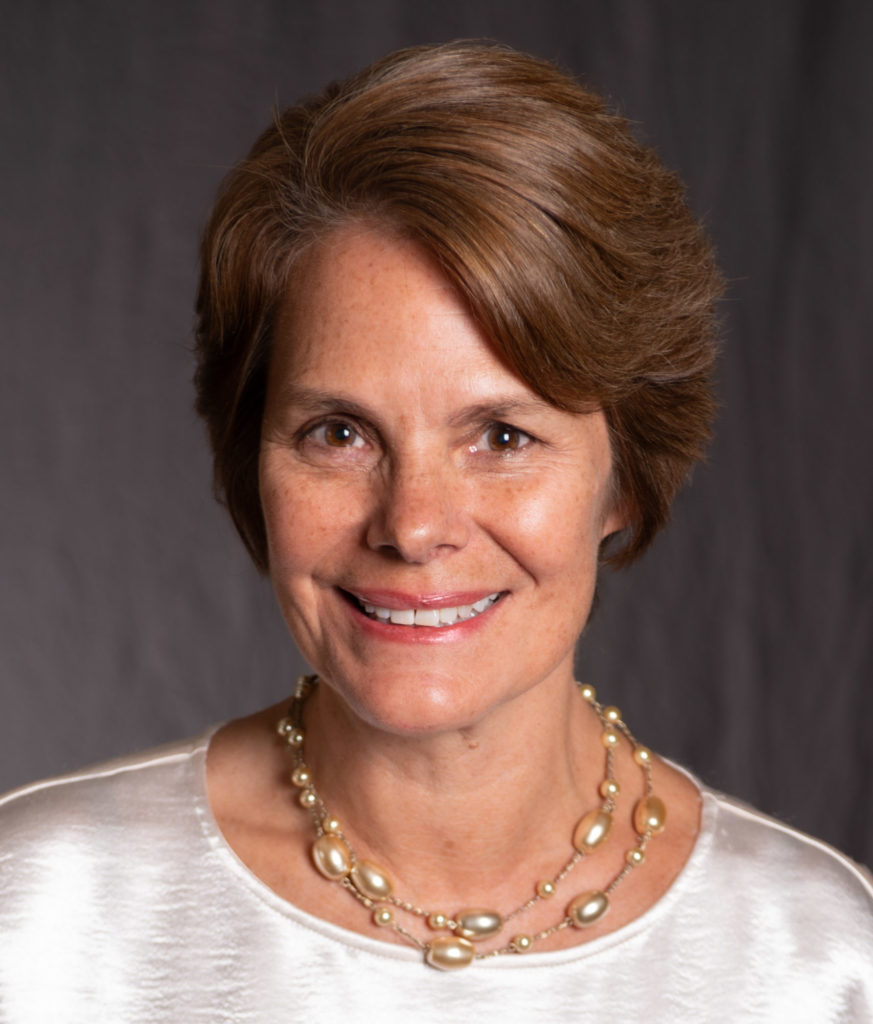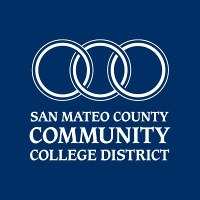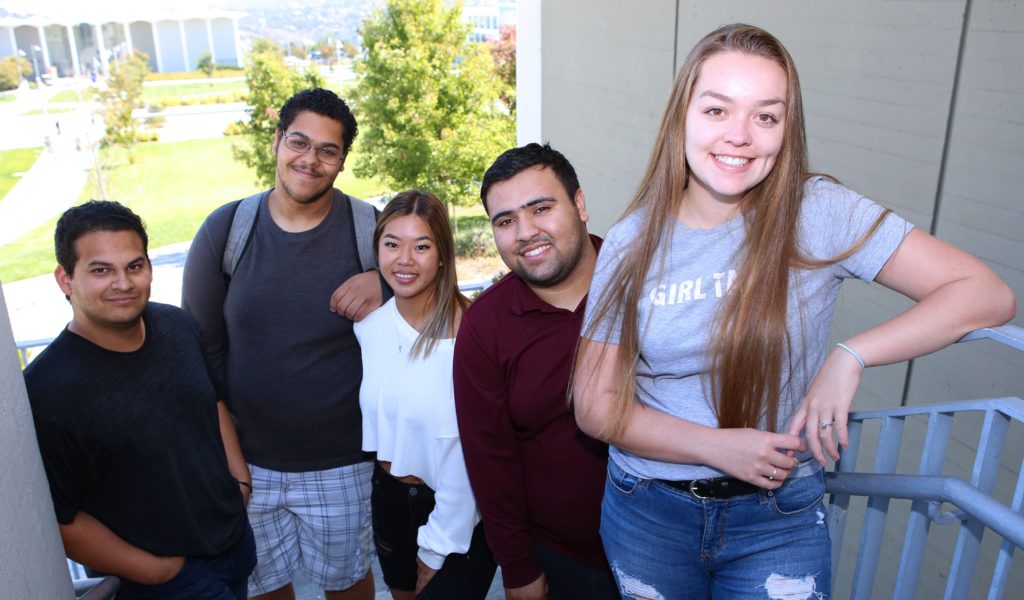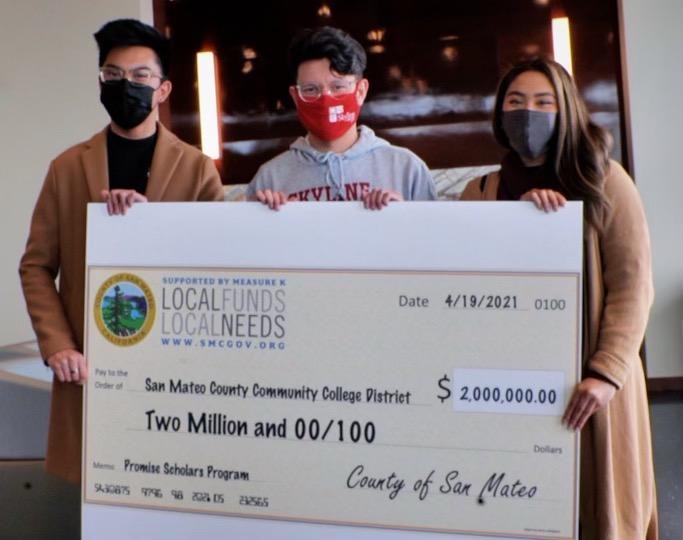The Board of Trustees has embarked on a nationwide search for a new Chancellor to lead the San Mateo County Community College District. The Board has identified a screening committee to lead this search and has published a position announcement and timeline available to the community. Please visit this page for future updates.
Category: News
District Seeking Housing Board Members
The San Mateo County Community College District is seeking community applications for membership on the District’s Educational Housing Corporation Board of Directors.
The District owns and operates 134 housing units at its College of San Mateo, Cañada College and Skyline College campuses, which are available to faculty and staff within the District. Employees are eligible to live in these units for up to seven years and are strongly encouraged to save the money from their reduced rent to apply toward a down payment to buy housing in the area or for future housing needs. The District also has a second loan program for homebuyers that will supplement the employees’ down payment savings up to $150,000 and a closing cost grant for $1,000.
The Educational Housing Corporation Board of Directors is charged with overseeing the employee housing program and setting policies and managing operations that further the program’s goals of providing affordable housing options to allow for the recruitment and retention of District employees. The Board serves in a volunteer capacity and is comprised of District stakeholders and community experts.
DESIRED PROFESSIONAL EXPERIENCES
The District is seeking individuals who have expertise in residential property management/operations, legal and/or financial experience in housing-related issues, or closely related experiences.
APPLICATION PROCESS
Individuals interested in being appointed to the Educational Housing Corporation Board should submit a letter of interest to the District’s Board of Trustees and include:
- Statement of interest in serving on the Housing Board, including relevant experience.
- Brief biography/resume of professional work.
For priority consideration, letters of interest should be received by September 2, 2022, via email to baileym@smccd.edu.
QUESTIONS: Contact Mitchell Bailey via email at baileym@smccd.edu or by calling 650-574-6510.
Chancellor Michael Claire Announces Retirement Plan
San Mateo County Community College District Chancellor Michael E. Claire has announced that he will retire from his position and from the District in June 2023, at the end of the 2023 academic year. Claire assumed the role of Chancellor in 2020, after serving for a year as interim chancellor, and the prior 13 years as president of College of San Mateo.
In a letter to the San Mateo County Community College District (SMCCCD) employees, Claire explained his plans: “I will have completed a total of 37 years with our District when I retire next year. At a personal level it is the right time for me to step away, spend more time with my family, and pursue other interests in my life. I also feel that it is the right time for the District. As chancellor I have focused on steadying the District, maintaining forward progress on important initiatives, and building a new team, all while steering the District through a major pandemic.”
Claire’s history with the SMCCCD began 42 years ago, while a student at Cañada College. He later went on to be a professor, dean, vice president and college president, all within the SMCCCD, prior to becoming chancellor.
“Never in my wildest dreams could I have imagined the amazing journey our colleges allowed me to experience,” notes Claire of his career in the District. “I leave with the bittersweet feeling of saying goodbye to a place I have called home for over 40 years, but also with the confidence of knowing that our community college district is stronger than it has ever been.”
Claire will continue in his role through June 2023 and the District’s Board of Trustees will hold initial discussions about the search process for a new chancellor at an upcoming meeting.
Kim Lopez Named as Next Cañada College President
San Mateo County Community College District Chancellor Michael Claire has announced that he is recommending Kim Lopez as the next president of Cañada College. The District’s Board of Trustees will take formal action on Lopez’s appointment at their May 11, 2022 meeting. Ms. Lopez has served as interim president of Cañada College since August 1, 2021.
“I have had the pleasure of working with Kim Lopez for several years and in several capacities,” said Claire. “I know her to be a leader of integrity and compassion with values that align to put students first and create a college environment that is equitable, diverse, inclusive and anti-racist. I am confident that she will lead Cañada College into a new era of success and commitment to the community.”
Though serving in a new role at Cañada College, Ms. Lopez is not new to the campus. She originally joined the college as dean of enrollment services and counseling and later became vice president of student services before moving to College of San Mateo (CSM) in 2017. At CSM, Ms. Lopez served as vice president of student services and later as acting and interim president following the appointment of then-president Michael Claire as interim and permanent chancellor of the San Mateo County Community College District. Prior to joining the SMCCCD, Ms. Lopez previously served three years as the Assistant Dean of Students at the University of California, San Diego and for two years as the Upward Bound (TRIO) director at the College of Micronesia on the island of Kosrae. She also worked at the College of the Siskiyous for 13 years as a counselor and student services director.
“I am humbled by the opportunity to serve Cañada College and our broader community in my new role as president of this great institution,” said Ms. Lopez. “As a second generation Mexican-American, I know the challenges many of our students face as they work to gain access to a higher education so they can gain economic and social mobility. I am excited to work with our community to support the students and families who need us and to make Cañada College an indispensable partner of businesses, non-profit organizations, government agencies and all groups who support students and higher education.”
Ms. Lopez currently serves on the JobTrain Board of Directors, Chamber San Mateo County Education Committee and as an Executive Team member for Redwood City Together. She holds a bachelor’s degree in psychology from the University of California, Santa Barbara and a master’s degree in educational counseling from Cal Poly, San Luis Obispo.
Ms. Lopez will start her permanent role as president on July 1. Her selection is subject to approval of a written contract, the terms of which will be available for public review prior to the Board’s meeting on May 11, 2022.
NDNU and SMCCCD Partner to Provide Degree Completion Pathway
Notre Dame de Namur University (NDNU) and the San Mateo County Community College District (SMCCCD) are jointly announcing a new pathway for SMCCCD students to complete a bachelor’s degree in Business Administration at NDNU.
This unique bachelor’s degree completion program will provide a pathway for SMCCCD students who have completed their associate degree for transfer in Business Administration to complete their bachelor’s degree in Business Administration from NDNU in two years.
Starting in January 2022, classes will be offered on the Cañada College campus but available to students at all three of the District’s colleges – Cañada College, College of San Mateo and Skyline College. NDNU will be providing generous financial aid and endowed scholarships for students in this pathway program.
“This is an exciting partnership that will help students take the next step in their career,” said NDNU President Beth Martin. “This program is designed to be flexible and affordable – with classes offered in the evenings and generous scholarships available for qualified students in this program.”
SMCCCD Chancellor Michael Claire added his support for the program: “This partnership will help SMCCCD meet the educational needs of students in our community. Having an affordable, four-year university option for bachelor’s degree completion allows students to pursue their higher education goals without financial barriers and while balancing their family obligations.
We continue to meet our students where they are.”
To meet the needs of the region, NDNU has narrowed its curricular focus, modified existing programs, and is developing new programs, including this new bachelor’s degree completion pathway. This program will complement NDNU’s master’s degree program offerings in Business Administration and Public Administration. The program will be a seamless pathway for SMCCCD students, particularly for those participating in its Promise Scholars program.
For more information on this program, visit: www.ndnu.edu/sbm/degree-completion or email smccd@ndnu.edu.
District Will Use Federal Funds to Provide Debt Relief for Students and Defray Costs of Attending College
To assist students who have been impacted by the COVID-19 pandemic, the San Mateo County Community College District (SMCCCD) will be using more than half of the funds it has received from the federal Higher Education Emergency Relief Fund (HEERF), which was authorized in American Rescue Plan Act of 2021, to clear debt owed by students incurred during the pandemic and to provide assistance to defray costs for attending college.
“We are proud that, for the third time, we are allocating more than the minimum required by the federal COVID-19 relief funds program, to directly support students.” said SMCCCD Chancellor Michael Claire. “This round of federal funding allows us to put much-needed financial resources directly in the hands of students and also clear them of unintended debts at our colleges that have occurred during this extraordinary time.”
The SMCCCD’s three colleges – Cañada College, College of San Mateo and Skyline College – have collectively been allocated $23,248,192 from the recent (third) round HEERF, nearly $12 million of which will go directly to student aid and more than $700,000 to student debt relief. Direct aid to students will range from $1,250 – $1,625 for non-Pell-eligible students (non-need based) to $2,000 – $2,750 for Pell-eligible (need based) students, depending on the number of academic units in which each eligible student is enrolled.
The SMCCCD will relieve $678,000 in outstanding student debt incurred as a result of the pandemic for a total of 3,719 students between the summer 2020 and summer 2021 academic terms. The average per student debt is $182. By relieving this debt, students will be able to register for classes for future semesters and will not have any holds on their records.
District Adopts Budget that Supports Students and Funds Free Community College Initiative
At its meeting on September 9, 2021, the San Mateo County Community College District (SMCCCD) Board of Trustees adopted an annual budget that invests $6.75 million to make college more affordable and accessible for students through a Free Community College strategic initiative. This initiative grows the District’s dual enrollment programs with high school and unified school districts in the county, increases the number of students in the District’s Promise Scholars Program, and expands the use of open educational resources (OER) and zero textbook cost (ZTC) degree options.
“This major investment for the Free Community College initiative underscores the Board’s and District’s commitment to putting students first,” said SMCCCD Board of Trustees President Thomas A. Nuris. “By making this $6.75 million allocation this year, we believe the District will be able to build out programs that will expand opportunities for residents of our region to access and complete a college education now and for years to come.”
The three components that make up the Free Community College initiative provide distinct areas of focus and support:
- The dual enrollment partnerships allow high school students to take and get credit for college courses while still at their high school. Participation in dual enrollment is free for students taking up to 15 credits per semester.
- The Promise Scholars Program includes the Promise scholarship, a dedicated counselor delivering personalized academic and sociocultural support, and performance-centered interventions. Participants also receive a monthly incentive (either transportation support or meal plan support), a bookstore voucher for books and course materials, and access to loaner laptops.
- The OER and ZTC initiatives eliminates the costs of textbooks and course materials for students, which in many cases cost more than the actual course itself.
“The SMCCCD’s focus on social justice and equity is at the core of the components of the Free Community College initiative,” said SMCCCD Chancellor Michael Claire. “This initiative meets students where they are and factors into the equation that the financial commitment of attending college is more than simply the cost per course, it’s the cost of books, materials, food, housing, transportation, childcare and so many other factors that often create barriers for students to enroll, persist and complete at our colleges.”
To expand the Promise Scholars Program, the District received a $2 million grant – over two years – from the San Mateo County Board of Supervisors to provide direct aid and support for students. The SMCCCD has also entered into agreements with five high school and unified school districts in San Mateo County to offer dual enrollment courses.
San Mateo County Board of Supervisors Awards $2 Million Grant to Promise Scholars Program at San Mateo County Community Colleges
Grant Provides Full Scholarship for 500 Local College Students
San Mateo, California – The San Mateo County Community College District announced today that the San Mateo County Board of Supervisors has funded a $2 million grant to the Promise Scholars Program at the San Mateo County Community College District. The grant pays for two years of tuition, books and fees for 500 local college students to attend Cañada College in Redwood City, College of San Mateo in San Mateo, or Skyline College in San Bruno. The grant is being allocated from County Measure K funds.
“We are investing in college and career training for 500 students in our county,” said San Mateo County Board of Supervisors President David J. Canepa. “This funding sends people to college, trains them for jobs, and helps accelerate the recovery of our economy.”
The Promise Scholars Program combines financial support with intensive counseling in a program that has been proven to increase college graduation rates. The program is available for first-time, full-time students at Cañada College in Redwood City, College of San Mateo in San Mateo, and Skyline College in San Bruno. Students receive full tuition and fees, as well as credit for $750 in books per year. The students also meet monthly with counselors who keep the students on track and arrange for other support if necessary. Participants in the Promise Scholars Program are more than twice as likely to graduate in two years than students not in the program.
This unique program recently received a grant of $2 million from County of San Mateo Measure K Funds to expand the program to 2,500 students districtwide. The program currently previously had capacity for only 2,000 students at the three colleges.
“The County has given a big vote of confidence in our community colleges and especially in our local students,” said SMCCCD Chancellor Michael Claire. “We know this program works, and we know this funding will help educate critical workforce for San Mateo County.”
The application for the fall 2021 Promise Scholars Program is open on WebSMART, and prospective students can find information about eligibility and applying to the program on the Promise Scholars Program webpage. Students must first apply to the college.
# # #
Apply Now for the Promise Scholars Program!
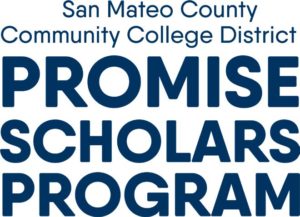
San Mateo, California – The San Mateo County Community College District announced today that applications are now open for the Promise Scholars Program for the 2021-2022 academic year at Cañada College in Redwood City, College of San Mateo in San Mateo and Skyline College in San Bruno. The Promise Scholars Program offers up to three years of scholarship and comprehensive support services for first-time, full-time students. The Program aims to address barriers that students face in both accessing and succeeding in higher education by easing the financial burden of attending college through fee waivers, textbook credit and monthly transportation incentives. The application for the fall 2021 Promise Scholars Program is open on WebSMART, and prospective students can find information about eligibility and applying to the program on the Promise Scholars Program webpage. Students must first apply to the college. This unique program recently received a grant of $2 million from County of San Mateo Measure K Funds to expand the program to 2,500 students districtwide.
The Promise Scholars Program is a full replication of the evidence-based and highly successful City University of New York (CUNY) Accelerated Study in Associate Programs (ASAP) model. The model includes specific requirements for student-to-counselor ratios (150 to 1) providing more focused and dedicated academic counseling for students and benchmarks the student must meet in terms of academic planning and career exploration. The model was chosen due its ability to double graduation rates within three years for participating students according to longitudinal data.
“Apply now, fill out your FAFSA or Dream Act application and get your scholarship,” said Aaron McVean, Vice Chancellor, Educational Services and Planning.
The program is proving to increase graduation rates at all three colleges. The Fall 2018 Promise Scholars Program cohort have earned degrees above the historical comparison 2-year rate at each campus, doubling the comparison rate at CSM and quadrupling the rate at Skyline College. When considering Promise Scholars Program students who also earned certificates or transferred without degree, the overall 2-year completion rates are 15% at Cañada College, 20% at CSM, and 30% at Skyline College.
The Promise Scholars Program is funded through the generosity of many community and corporate donors, support from the San Mateo County Community College District Board of Trustees and the County of San Mateo Measure K Funds.
# # #
Message from the Chancellor on California Reopening Plans
April 6, 2021
Dear SMCCCD Students, Colleagues, and Community Members,
Earlier today, Governor Newsom announced a conditional plan to open all segments of California and eliminate the color tiers by June 15, including the education sector. We do not yet know the full details of his plan and we are working to understand the requirements so that we can make informed decisions. The District’s Emergency Operations Center has been planning the recovery of operations for many weeks but our timeline had a longer recovery period than that announced by the Governor. We are working quickly to gather information and adjust plans as necessary. As soon as we have information for you, we will share it.
I remember when we first evacuated our campuses in March 2020. There were many unknowns at the time and we made the best decisions possible based on the limited information available. I asked for your patience then and I cannot tell you how much I appreciated your support. I ask for your patience again so that we can take the time to gather and prepare accurate information and plans to share with you about next steps.
I wish you all my best,
Mike
Michael Claire
Chancellor
San Mateo County Community College District



